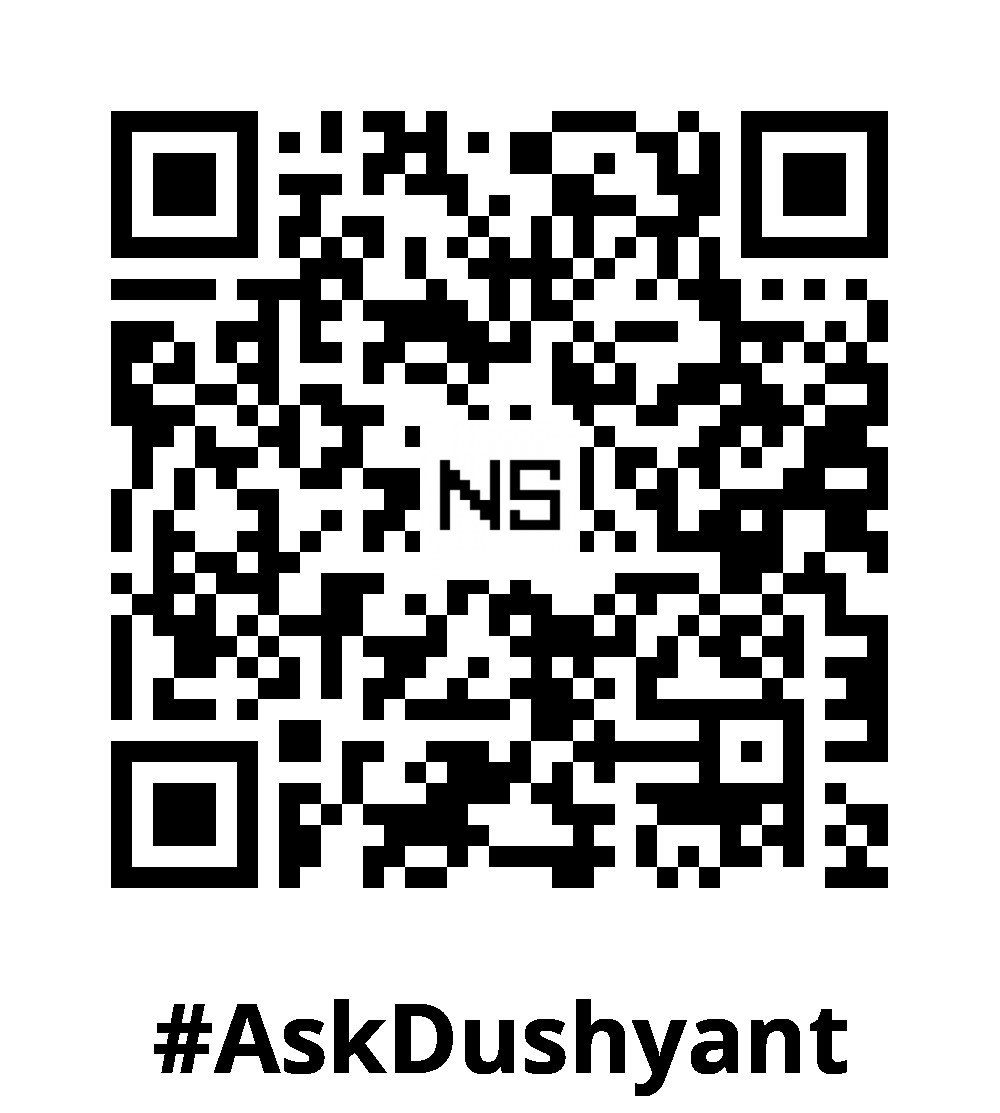With over 18 years in the tech industry, I have dedicated my career to developing innovative solutions and often crafting custom utility code, enabling various companies to design tailored software solutions. Let say, If you’re looking to gather data from a WordPress website, leveraging the RSS feed is an efficient and straightforward method. WordPress automatically generates an RSS feed for posts, making it easy to access essential information like titles, URLs, and publish dates.
In this tech guide, we will demonstrate how to use Python and the feedparser library to extract data from a WordPress RSS feed. By the end of this post, you will have a functional tool that allows you to retrieve recent post details from any WordPress site.
Why Use RSS Feeds for WordPress Data?
Using RSS feeds to extract data from a WordPress site offers several advantages:
- Simplicity: You don’t have to deal with complex HTML structures or JavaScript rendering.
- Structured Data: RSS feeds provide information in a standardized XML format, making it easy to parse.
- Real-Time Updates: RSS feeds are updated automatically, allowing you to access the latest content effortlessly.
Tools You’ll Need
For this tutorial, you will require the following tools:
- Python: The programming language we will use for scripting.
- feedparser: A Python library that helps in parsing RSS feeds and extracting data from them.
You can install the feedparser library using the following command:
pip install feedparserStep-by-Step Guide to Fetch WordPress Feed Data
Step 1: Get the WordPress RSS Feed URL
Every WordPress site has a default RSS feed URL, typically structured as follows:
https://<your-wordpress-site>/feedFor example, if the site URL is https://example.com, the RSS feed URL would be:
https://example.com/feedStep 2: Parse the RSS Feed with feedparser
Once you have the RSS feed URL, you can use the feedparser library to retrieve and extract post information.
Here’s a simple Python script that demonstrates how to fetch the most recent post details:
import feedparser
# Replace with the RSS feed URL of your target WordPress site
rss_url = "https://example.com/feed"
# Parse the RSS feed
feed = feedparser.parse(rss_url)
# Loop through the feed entries and extract post details
for entry in feed.entries:
title = entry.title
link = entry.link
published = entry.published
print(f"Title: {title}")
print(f"URL: {link}")
print(f"Published Date: {published}\n")Step 3: Extract and Display WordPress Post Information
In the example code above, the script parses the RSS feed and loops through each entry, which corresponds to a blog post. It extracts the title, URL, and published date, displaying it in the console.
Here’s how the output might look:
Title: Understanding Python Decorators
URL: https://example.com/understanding-python-decorators
Published Date: Mon, 04 Oct 2024 12:34:56 GMT
Title: A Beginner's Guide to Web Scraping
URL: https://example.com/beginners-guide-web-scraping
Published Date: Thu, 30 Sep 2024 09:21:00 GMTWith just a few lines of code, you’ve successfully extracted the most recent post details from a WordPress site.
Step 4: Extend the Script for More Functionality
You can enhance this script to cater to your specific needs. Here are some ideas:
- Save Data to a CSV File: You can store the post details in a CSV file for later analysis.
import csv
import feedparser
rss_url = "https://example.com/feed"
feed = feedparser.parse(rss_url)
# Open a CSV file to write post details
with open('wordpress_posts.csv', 'w', newline='', encoding='utf-8') as file:
writer = csv.writer(file)
writer.writerow(["Title", "URL", "Published Date"])
# Write post details to the CSV file
for entry in feed.entries:
writer.writerow([entry.title, entry.link, entry.published])
print("Data saved to wordpress_posts.csv")- Filter Posts by Date: If you’re interested in posts published within a specific timeframe, you can utilize Python’s
datetimemodule for comparisons.
from datetime import datetime
import feedparser
rss_url = "https://example.com/feed"
feed = feedparser.parse(rss_url)
# Set a target date to filter posts
target_date = datetime(2024, 10, 1)
for entry in feed.entries:
published_date = datetime.strptime(entry.published, '%a, %d %b %Y %H:%M:%S %Z')
if published_date > target_date:
print(f"Title: {entry.title}")
print(f"Published Date: {published_date}\n")My TechAdvice: Extracting data from WordPress RSS feeds using Python is a straightforward and effective approach. Developing custom code to accelerate data retrieval ultimately enhances the overall development process. By utilizing the
#AskDushyantfeedparserlibrary, you can quickly gather essential information such as post titles, URLs, and publish dates, allowing you to integrate this data into your applications or analyses seamlessly.
#TechConcept #Coding #CodeSnippet #Python
Note: This example pseudo code is for illustration only. You must modify and experiment with the concept to meet your specific needs.


Leave a Reply